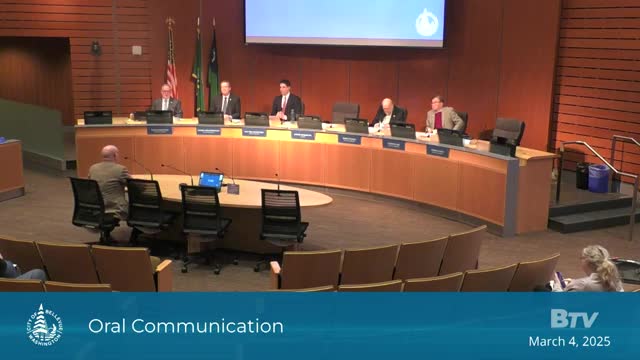Article not found
This article is no longer available. But don't worry—we've gathered other articles that discuss the same topic.
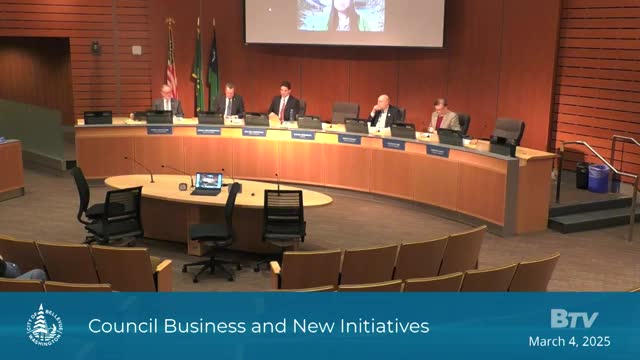
Council denies appeal of 60-day exclusion for frequent meeting disruptions
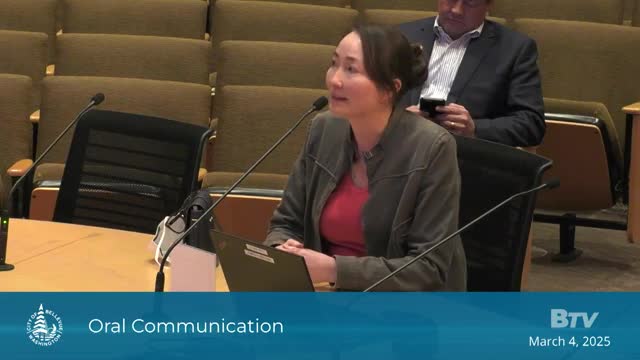
Council directs Parks Board to begin naming process for new Main Street park; staff to seek community input
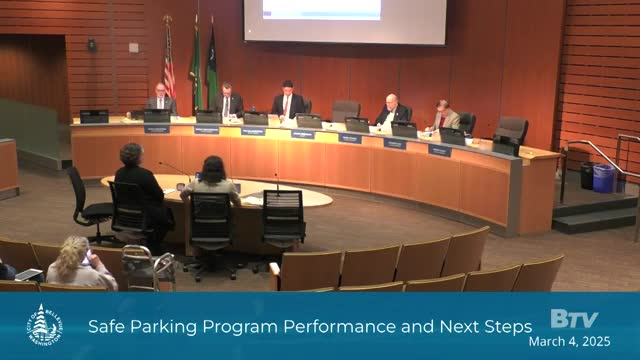
Bellevue directs staff to seek extension of Safe Parking pilot after operator houses more than 30 households
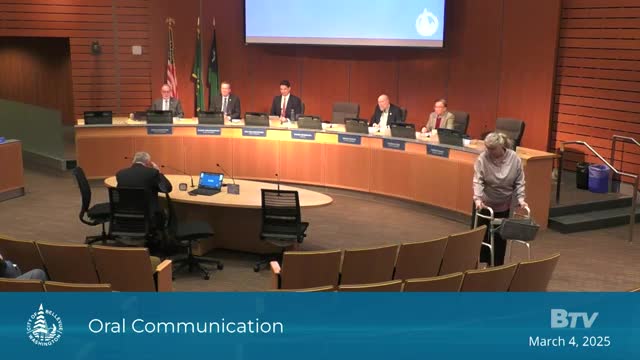
Resident cites surge in e-bike and e-scooter injuries, urges Bellevue to track helmet use
